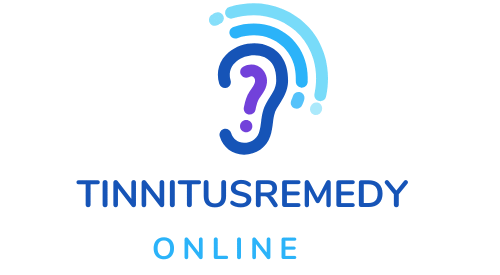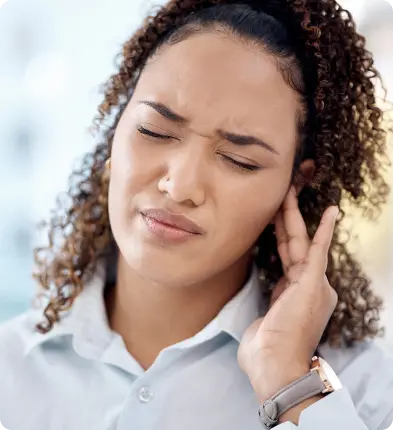Ringing in the ears, known as tinnitus, can be frustrating and challenging to treat. There is currently no FDA-approved medication specifically designed to cure tinnitus, but several drugs and treatments may help manage symptoms, especially if the tinnitus is linked to an underlying condition. Below is a detailed breakdown of potential medical and therapeutic options:
1. Medications That May Help (Off-Label Use)
Since tinnitus is often a symptom of another issue (e.g., hearing loss, circulatory problems, or neurological conditions), some medications may provide relief:
A. Antidepressants
- Tricyclic Antidepressants (e.g., Amitriptyline, Nortriptyline)
- May help in severe cases, especially if depression or anxiety worsens tinnitus.
- Side effects: Dry mouth, blurred vision, constipation, dizziness.
- SSRIs (e.g., Sertraline, Paroxetine)
- Some studies suggest they may reduce tinnitus severity in patients with comorbid anxiety/depression.
B. Anti-Anxiety Medications
- Benzodiazepines (e.g., Alprazolam, Clonazepam)
- May help by reducing neural hyperactivity linked to tinnitus.
- Risk of dependence and sedation limits long-term use.
C. Vasodilators (Improving Blood Flow)
- Betahistine (Serc)
- Used for Ménière’s disease; may help if tinnitus is related to inner ear fluid pressure.
- Ginkgo Biloba (Herbal Supplement)
- Mixed evidence; some studies suggest slight improvement in blood flow to the ears.
D. Steroids (For Inflammation)
- Prednisone (Oral or Intratympanic Injections)
- Used if tinnitus is due to sudden hearing loss or autoimmune inner ear disease.
E. Zinc Supplements
- Some patients with zinc deficiency report improvement, but evidence is limited.
2. Non-Medication Treatments
Since drugs alone often don’t cure tinnitus, these approaches are commonly recommended:
A. Hearing Aids
- If tinnitus is linked to hearing loss, amplifying external sounds can mask ringing.
B. Sound Therapy
- White noise machines, tinnitus maskers, or even fans can help reduce perception of ringing.
C. Cognitive Behavioral Therapy (CBT)
- Helps patients cope with tinnitus by changing emotional responses to the sound.
D. Tinnitus Retraining Therapy (TRT)
- Combines sound masking and counseling to habituate the brain to tinnitus.
E. Neuromodulation (Experimental)
- Transcranial Magnetic Stimulation (TMS) – Shows promise for some patients.
- Electrical Stimulation – Emerging treatments targeting auditory pathways.
3. Lifestyle & Alternative Remedies
- Avoiding Triggers: Caffeine, nicotine, loud noise, and high-salt diets may worsen tinnitus.
- Stress Management: Yoga, meditation, and exercise can help.
- Acupuncture: Limited evidence, but some patients report relief.
Important Considerations
- No universal cure exists; treatment is highly individualized.
- Underlying causes (e.g., earwax blockage, TMJ disorders, hypertension) should be addressed first.
- Consult an ENT specialist or audiologist for a tailored approach.
Would you like recommendations based on a specific type of tinnitus (e.g., pulsatile, high-pitched)?

